Women
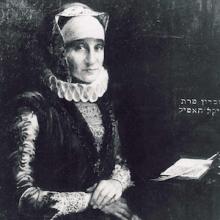
Analyzing Personal Accounts
The modules in Methods present case studies that demonstrate how scholars interpret different kinds of historical evidence in world history.. In the video below, historian Merry Wiesner-Hanks analyzes two personal accounts written by women living in northern Germany in the 17th century.
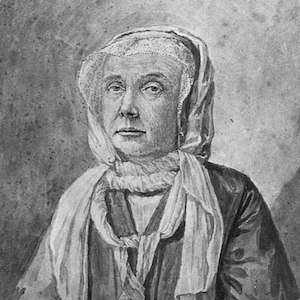
Excerpt from Memoirs by Catharina Schrader
This is a memoir written by a Protestant midwife, Catharina Schrader, who lived in Germany during the 1600s. It offers an important window into the daily lives and life cycles of non-elite women living in early modern Europe.
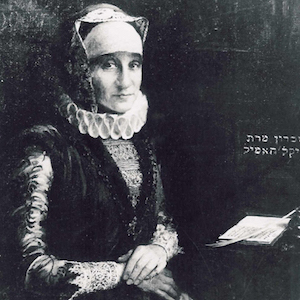
Excerpt from Memoirs by Glikl
The is a diary written by a Jewish merchant, Glikl of Hameln, a woman living in northern Germany in the 17th century.
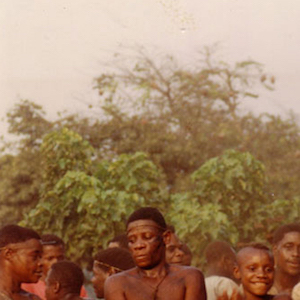
BaAka Women Dancing the Hunting Dance, Ndambo
This is an image of female BaAka dancers from the southwestern Central African Republic in the rainforest region dancing a hunting dance called Ndambo. Music and dance are important in BaAka culture.
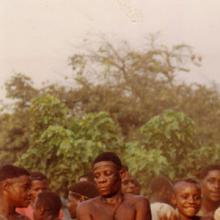
Analyzing Music
The modules in Methods present case studies that demonstrate how scholars interpret different kinds of historical evidence in world history.

Allegory of Truth
Female revolutionary figures stood for all kinds of qualities and virtues, in this case, "Truth." Women figures appeared so prominently in paintings and engravings because French nouns for the qualities and virtues were usually feminine (Truth = La Vérité).
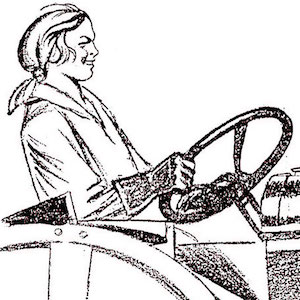
Women and Stalinism: Drawing, Old Way of Life
Articles and images published in Soviet newspapers on March 8, International Communist Woman’s Day, provide the most obvious examples of how women were used as symbols in a propaganda campaign.

20 June 1791, Anonymous Drawing
In this depiction of the King’s arrest, the Queen risks her body to save her son, the crown prince.

Krishna Defeats the Whirlwind
Krishna is known in the stories of the Bhagavata-Purana as the 8th incarnation of the god Vishnu, destined to perform great deeds and remove the evils of the world.

Liberty in the Form of the Goddess of Youth
Mary Green of Worcester, MA, created this embroidery in 1804 at the age of 16. She based it on the 1796 engraving, "Liberty in the Form of the Goddess of Youth Giving Support to the Bald Eagle," by artist-entrepreneur, Edward Savage (fig. 2).